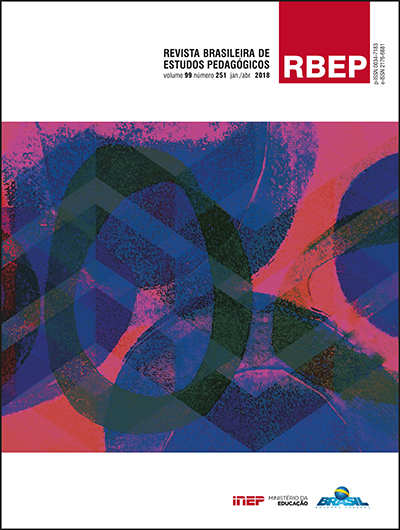Researching with disabled women: epistemological and methodological considerations under the feminist-emancipatory approach
Abstract
This paper shares some methodological and epistemological considerations that emerged of a research, in Argentina, on processes of educational inclusion and exclusion of young disabled women based on their accounts. Through semi-structured interviews and observations, a qualitative study was conducted in four regular and special schools at the province of Buenos Aires, Argentina, over a two-year period. The research approach articulated contributions of the gender theory and the disability social studies or Disability Studies. According to the theoretical perspectives adopted, the point of view of the young women is approached regarding processes of educational inclusion and exclusion, as simultaneously the researchers’ views on these processes are problematized. Thus, this article presents the articulation of methodological perspectives developed to access the young women’s accounts, as well as a set of considerations raised in the development of the field work which was organized in three axes: the notion of disabled women as a subject interrogated but not heard; the unequal relationship between researcher and subject; and the researcher’s perceptions of the subject.
Downloads
Once their work is accepted for publication, author’s copyrights are automatically relinquished to the National Institute for Educational Studies and Research Anísio Teixeira (INEP).
Partial or total reproduction of the content of this Journal is permitted provided that the original publication is properly referenced.
Since 2016, the journal Revista Brasileira de Estudos Pedagógicos (RBEP) uses the licence CC-BY.




















